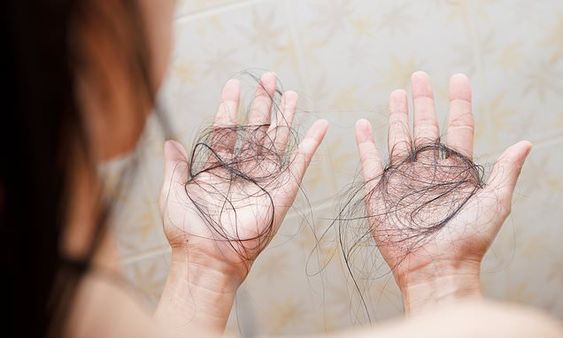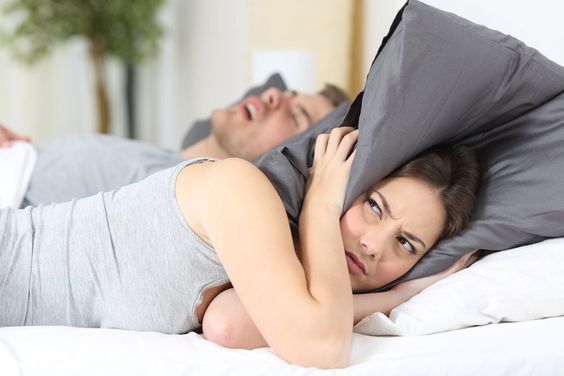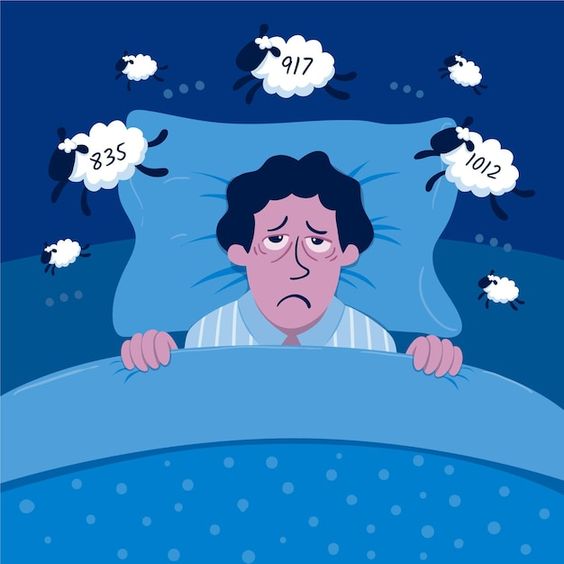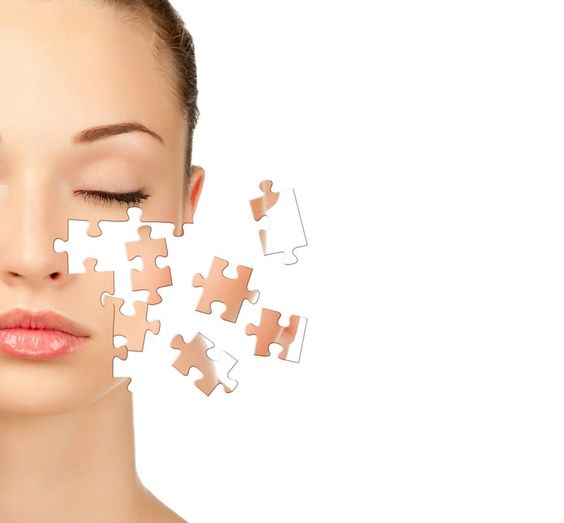Introduction
The summer months bring sunshine, warmth, and unfortunately for some, hair loss. While shedding a few extra strands is normal, excessive hair loss during hot weather can be concerning. Several factors contribute to this phenomenon, ranging from increased UV exposure to dehydration.

This blog post will delve into the impact of hot weather on hair health and provide practical tips for managing hair loss during the warmer months. We'll explore the science behind heat-induced hair loss and offer preventative measures, treatments, and lifestyle changes to maintain a healthy scalp and luscious locks.
Understanding Heat-Induced Hair Loss
Our hair undergoes a natural growth cycle with distinct phases, including growth, resting, and shedding. Heat can disrupt this delicate balance, pushing more hair follicles into the resting (telogen) phase, leading to increased shedding.
Here's how hot weather contributes to hair loss:
- UV Damage: Prolonged exposure to the sun's harmful ultraviolet (UV) rays can damage the hair shaft, leading to dryness, breakage, and thinning.
- Sweat and Scalp Buildup: Increased sweating can create a breeding ground for bacteria and fungi on the scalp, leading to inflammation and hair follicle damage.
- Dehydration: Hot weather can lead to dehydration, depriving the hair follicles of essential nutrients and moisture, making them brittle and prone to breakage.
- Chlorine and Salt Water: Frequent dips in chlorinated pools or saltwater can strip the hair of its natural oils, causing dryness, damage, and ultimately, hair loss.
Combating Hair Loss in the Heat
While you can't control the weather, you can take proactive steps to protect your hair:
- Shield Your Scalp: Wear a wide-brimmed hat or use a UV-protectant spray on your scalp when exposed to the sun for extended periods.
- Hydrate, Hydrate, Hydrate: Drink plenty of water throughout the day to keep your body and hair follicles hydrated.
- Gentle Cleansing: Use a mild, sulfate-free shampoo to cleanse your scalp and hair without stripping away essential oils.
- Cool Down: Rinse your hair with cool water after swimming to remove chlorine or saltwater residue.
- Nourishing Treatments: Indulge in weekly deep conditioning treatments or hair masks to replenish moisture and strengthen your hair.
- Consult a Professional: If you experience excessive hair loss or notice unusual scalp conditions, consult a dermatologist or trichologist for personalized advice.





